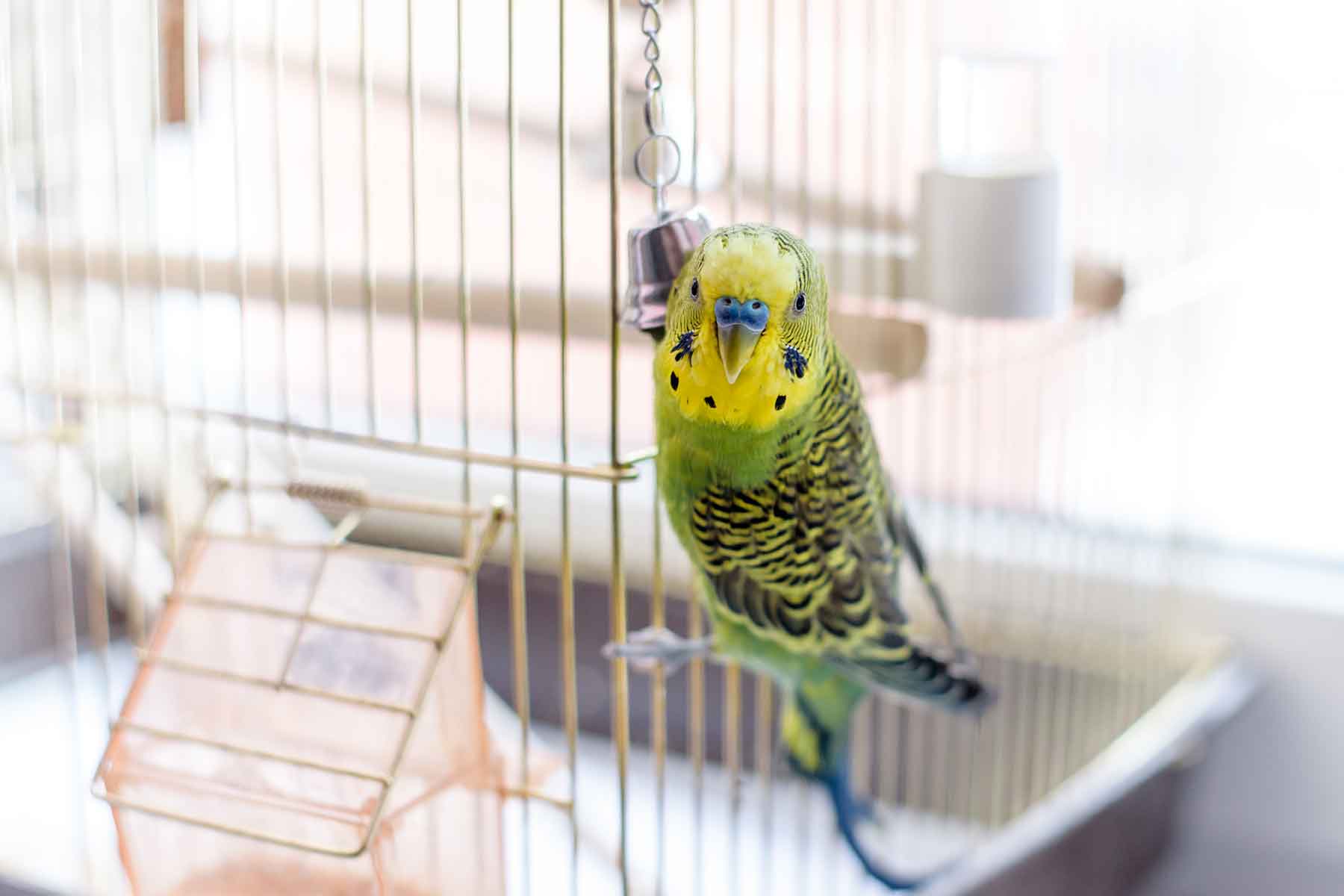It can be difficult to manage a misbehaving dog. No matter whether you generally have a good dog that needs to learn a few more manners, or you have a dog that regularly gets into trouble and needs some general etiquette and guidance, there are many other reasons as to why your dog would benefit from obedience training.
1. Closer bond with your dog
Statistics show that owners with behaviourally sound pets get more satisfaction and have a stronger bond with their pet. Having a dog that is well trained, obedient, happy, relaxed, responsive and easy for you to manage means you will get more pleasure from dog ownership and as a result, will be more likely to be closer with your dog.
2. Easy Management
Obedience schools teach basic commands (e.g. sit, drop, stay), which enable you to manage your dog more easily. Better management means they can be easily controlled and become a part of the family and events more, instead of being uncontrollable, misbehaving and having to be left at home or shut away from the party by themselves. Some things as simple as your dog greeting someone politely, coming back when they are called or walking safely and controllably on a leash are basic desirable behaviours that obedience classes teach.
3. Social, friendly dogs
Socialisation is a very important aspect of a dog’s life. Learning how to respond to other dogs, and what is acceptable and not acceptable in dog language is an essential life lesson they need to understand and know if they are to get along with other dogs. If your dog does not get out a great deal (with family and friends, or to events etc) this is still important. Your dog will encounter other dogs on everyday occasions such as walks, appointments at the veterinary clinic and if they go into a kennel or boarding.
4. Fun and knowledge
Obedience classes are quite fun – for both you and your dog. The exercises are stimulating and engaging, and the clubs and training schools often have other great things to offer, such as merchandise, agility, club meetings and seminars, social BBQs, annual dog exhibitions and competitions. Whether you have had dogs your whole life, or you are new to dog ownership, there are always new skills or information you can learn concerning canine training, techniques and methods. The opportunity to talk to other dog owners and consult your trainer is invaluable and can help resolve difficulties in training or problems with your dog or your own troubles with training. The best thing about it is they all understand what you are going through (e.g. for those with puppies that don’t seem to stop chewing the house down, or for those owners who cannot seem to get their dog to stop jumping) and consequently often have excellent tips and suggestions.
If you have a puppy with a nipping or biting problem find out why it’s such a common problem and how to encourage good chewing here and enrol in our Puppy Preschool classes to address the problem.
5. Pet ownership
Pet ownership will be a joy and take less time, energy and resources.
6. Safety
A well-trained dog, under supervision, is safer to have around family and friends, and is at a lower risk to himself than an uncontrollable dog. However, remember at the end of the day animals will be animals, and animals are sometimes unpredictable. A dog that comes back when it is called, in the face of dangerous situations (e.g. where they could get hit by a car) has an obviously positive impact on its own welfare.
7. Owner socialisation and community growth
Going to obedience training every week gets you out and about meeting people from your neighbourhood and community. It helps you connect with others, socialise and often provides a friendship outlet or avenue to be involved in activities and events. Statistics show that people who have dogs are at a lower risk of physical and psychological health problems including lowered risk of cardiovascular disease, hypertension, loneliness and anxiety.
Training can be time consuming, initially. It can mean getting up early on Sunday mornings for obedience school for a year or so in addition to daily training at home, but the benefits are spectacular and completely worth it. If your dog lives till they are 15 or 16 years of age, one year of training when they are young may not seem so much. Failure to properly train your dog on the other hand may mean 15 or 16 years of a difficult dog whose behaviour can be stressful for you and them.
Do talk to your local veterinary clinic and their nurses and veterinarians who have a wealth of knowledge and can help refer you to correct information. Remember that whilst some people may have never taken their pet to obedience school, if their dog is well adjusted it is likely it did not happen by magic. They, or the previous owner would have put in copious hours of home training and daily obedience exercises over some time, often early in the dog’s life. But don’t forget, old dogs can still learn new tricks!
Dog Training
If you have or are expecting a new puppy then Puppy Preschool at Vetwest is a must for the best start! If your dog is older than 13 weeks of age then we recommend RSPCA Dog Training.











